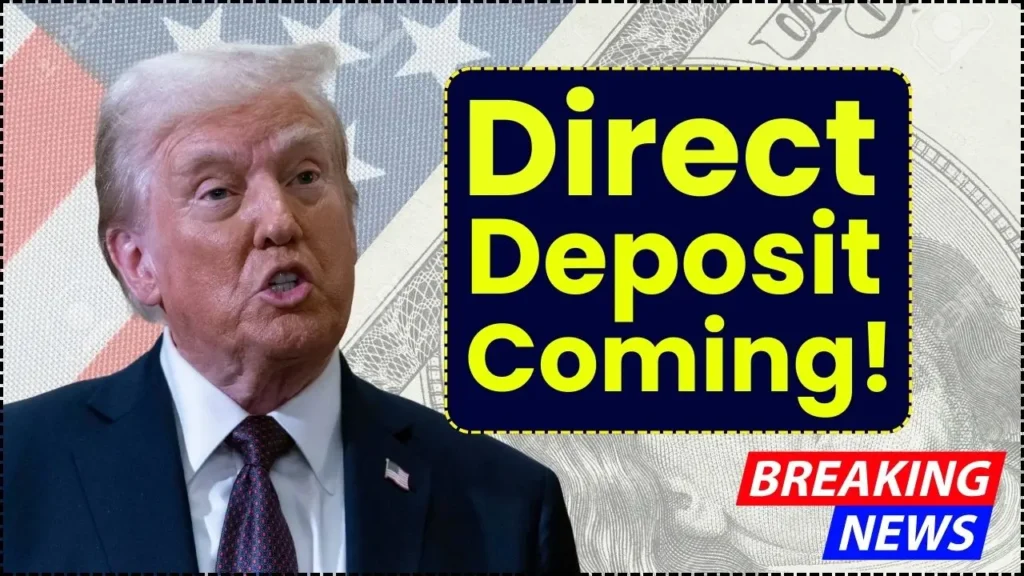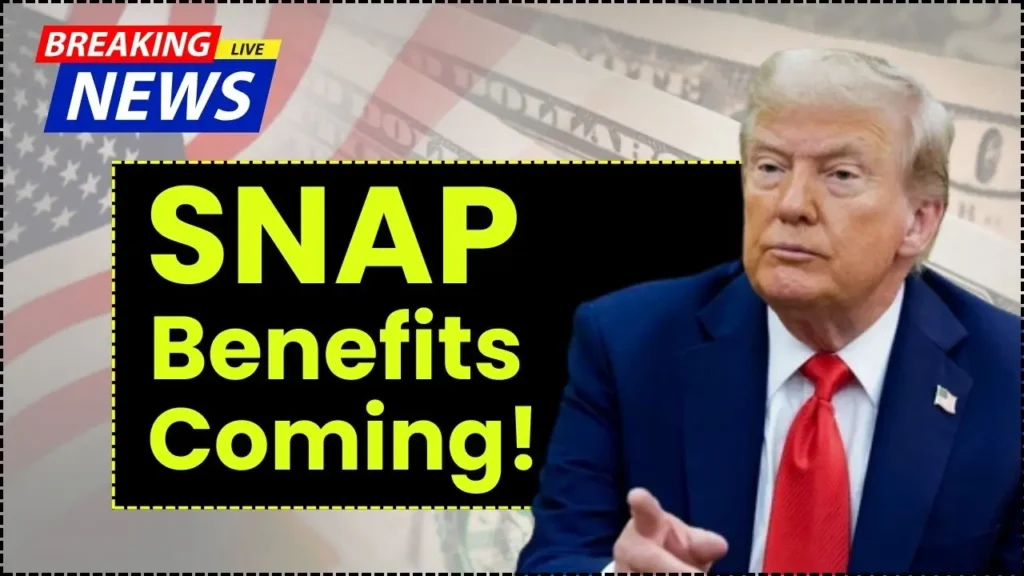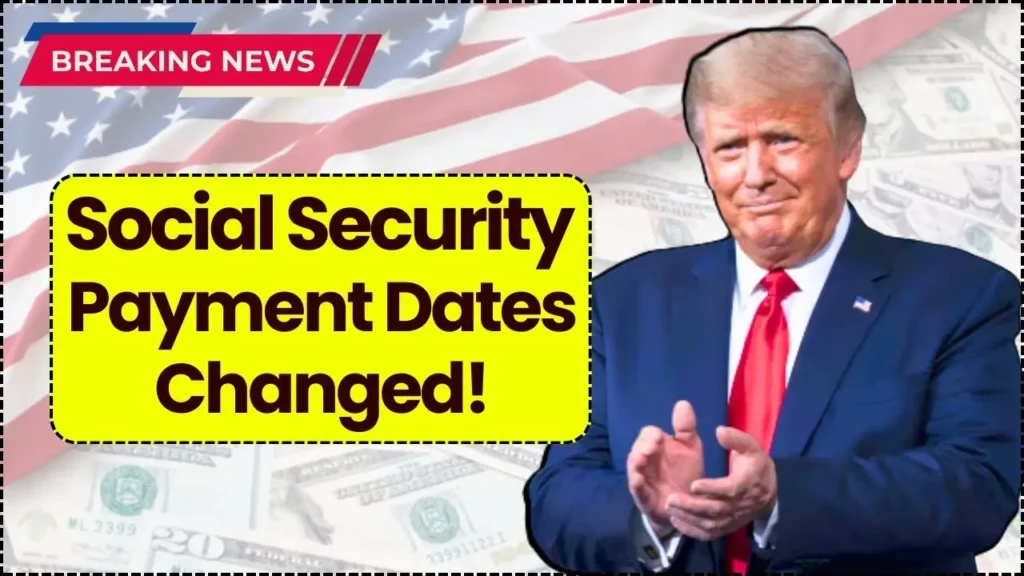It seems like everyone is talking about a new round of $1,390 direct deposit checks potentially hitting bank accounts in October 2025. With the cost of living on the rise, the prospect of extra money is welcome news, and headlines about this payment are spreading like wildfire across social media. Many Americans are understandably hopeful, wondering if they qualify and when the money might arrive. However, before you start planning how to spend it, it’s crucial to look past the headlines and get to the bottom of what’s really going on with these rumored $1390 direct deposit checks. While the buzz is exciting, it’s important to separate fact from fiction.

The information circulating online details specific eligibility criteria and payment dates, making the rumors feel very real. This article will break down everything you need to know, from where these claims originated to what official sources are saying. We’ll explore the rumored qualifications and give you the tools to protect yourself from potential scams that often pop up around topics like this. As discussions about the $1390 direct deposit checks continue to grow, it’s essential to understand that these claims are not based on any official announcements from the U.S. government. The reality is that these rumors are fueled by social media speculation and misinterpretations of other financial news. No new federal stimulus program has been approved by Congress for October 2025. While many people are searching for information about $1,390 direct deposit checks, the chatter appears to be mixing up state-level rebates, proposed (but not passed) legislation, and standard tax refunds with a new, nationwide stimulus payment that does not exist.
$1390 Direct Deposit Checks
| Aspect | Details |
|---|---|
| Payment Amount | $1,390 |
| Eligibility – Single Taxpayers | Income up to $75,000 |
| Eligibility – Married Couples | Income up to $150,000 (joint filing) |
| Eligibility – Head of Household | Income up to $112,500 |
| Eligible Benefit Recipients | SSDI, SSI, and VA program beneficiaries |
| Additional Benefits | Extra funds for families with dependents |
| Expected Payment Start | Mid-October 2025 |
| Payment Methods | Direct deposit, paper checks, or EIP debit cards |
| Tax Impact | Non-taxable; does not affect federal benefits like SNAP or Medicaid |
Are the $1,390 Stimulus Checks Real?
- Let’s get straight to the point: despite the convincing details you may have read online, there has been no official confirmation of a new round of stimulus checks from the IRS or the federal government. Financial experts and government agencies have repeatedly stated that these rumors are false. The viral posts and articles promising $1390 direct deposit checks are, unfortunately, misinformation.
- The most reliable place for information on federal payments is the official IRS website, IRS.gov. As of September 2025, there are no updates or announcements confirming a fourth Economic Impact Payment or any similar program. It’s wise to be skeptical of any source that claims otherwise, as these are often designed to attract clicks or, in worse cases, to scam you out of your personal information.
Who Would Qualify Based on the Rumors?
Part of what makes these rumors so believable is that they provide very specific eligibility criteria. The qualifications listed are nearly identical to those from the stimulus programs during the COVID-19 pandemic, which makes them feel familiar and legitimate.
According to these unsubstantiated claims, the $1390 direct deposit checks would be targeted toward the following groups based on their adjusted gross income (AGI):
- Single individuals with an AGI of $75,000 or less.
- Married couples who file their taxes jointly and have an AGI of $150,000 or less.
- Heads of household with an AGI of $112,500 or less.
The rumors also suggest that recipients of federal benefits, such as Social Security, Supplemental Security Income (SSI), Social Security Disability Insurance (SSDI), and Veterans Affairs (VA) benefits, would automatically receive the payment. However, since no such payment has been approved, these criteria are purely speculative.
Reported Payment Schedule and Methods
- The online chatter has also included a timeline for when people could expect to receive their money. Direct deposit is often cited as the fastest method, with some posts claiming funds could arrive in mid-October. For those whom the IRS does not have bank account information for, paper checks or pre-loaded debit cards (EIP cards) would supposedly be mailed out.
- While this level of detail adds a layer of credibility, it’s important to remember that you can’t have a payment schedule for a program that doesn’t exist. The IRS has not announced any payment dates because there are no $1390 direct deposit checks to send.
Why Do Stimulus Rumors Keep Spreading?
You might be wondering why these rumors are so persistent if they aren’t true. There are a few key reasons:
- Hope for Financial Relief: Many families are still feeling the squeeze of inflation, and the memory of past stimulus payments creates hope for more assistance.
- State-Level Programs: Some states have been issuing their own rebates and relief payments. News about these local programs can easily be mistaken for a nationwide federal initiative.
- Proposed Legislation: Lawmakers sometimes introduce new bills aimed at providing financial relief. These proposals often get reported on, but they are not law until they pass through Congress, which most do not. For instance, the proposed American Worker Rebate Act of 2025 has been misinterpreted as a confirmed stimulus payment.
- Clickbait and Scams: Some websites and social media accounts create sensational headlines about $1390 direct deposit checks to drive traffic and generate ad revenue. Others have more malicious intent, hoping to trick people into giving away sensitive information.
Staying Safe: How to Identify and Avoid Stimulus Scams
Whenever money from the government is being discussed, scammers are never far behind. They use the promise of a stimulus check to create a sense of urgency and trick you into making a mistake. Here’s how you can protect yourself:
- Go to the Source: Always rely on official government websites, primarily IRS.gov, for accurate information. Do not trust text messages, emails, or social media posts.
- The IRS Won’t Call or Text You: The IRS’s primary method of contact is through physical mail. They will never initiate contact to ask for your personal or financial information via email, text, or social media message.
- Never Click on Suspicious Links: Phishing scams often use links that take you to fake websites designed to look like the IRS site. These are created to steal your login credentials, Social Security number, or bank account details.
- Don’t Pay for a Federal Payment: You never have to pay a fee to receive a federal benefit payment. If anyone asks you for money or gift cards in exchange for securing your stimulus check, it is a scam. Report it immediately.
USA Retirement Age Increase from October 2025 – Everything You Must Know Now
FAQs on $1390 Direct Deposit Checks
No. According to the IRS and multiple fact-checking organizations, there is no new round of federal stimulus checks approved for October 2025. The claims are based on rumors and misinformation.
These rumors appear to originate from a mix of social media speculation, misinterpretation of state-level rebate programs, and clickbait articles that recycle information from past stimulus payments.
The best way to check for eligibility for any federal program is to visit official government websites. For tax-related benefits, IRS.gov is the primary source. For other benefits, you can use the official portal at USA.gov.
Do not click on any links or reply to the message. The IRS does not initiate contact via email or text to request personal or financial information. You can report phishing attempts to the IRS by forwarding the email to their dedicated phishing address.
Currently, there are no active plans approved by Congress for another round of broad, nationwide stimulus checks. Any future payments would require new legislation to be passed and signed into law. Always check official sources for any updates.

















